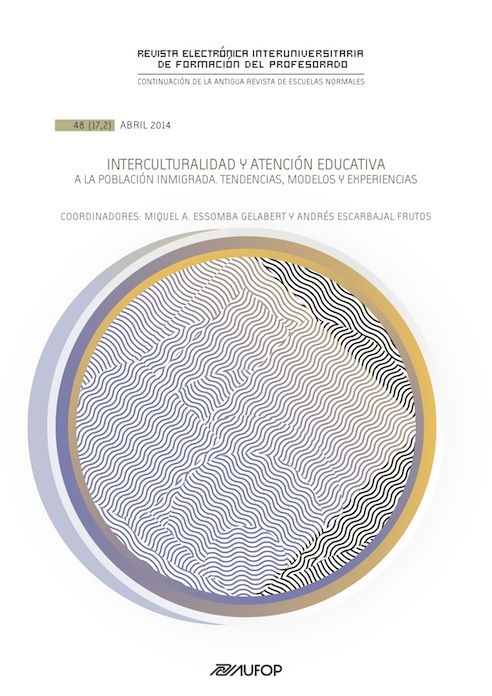Migration, intellectual disabilities and intercultural education. A qualitative study of young migrants of Italian origin in Germany
Abstract
The paper summarizes the results of a qualitative study that aimed to identify the positive outcomes and opportunities, as well as the risks related with migration and living in a multicultural context. Research consisted of a 7-year longitudinal case study, during which the life-stories, conflicts, crises, and problem-solving strategies of 23 young people of Italian origin with migration experiences - some of which were still living in southern Germany and some of which had returned to southern Italy – were observed. The sample was composed of both adolescents with intellectual disabilities or other psychological and social disorders and adolescents who seemed to have benefited from living and growing up in a different culture. The results suggest that education can play an important role in determining whether subjects experience enrichment and growth or increasing difficulties or mental illnesses and social disorders. Therefore the paper takes the position that education can be an effective preventive measure against the mental health issues experienced by young migrants living in complex societies. Given the research results and the ongoing phenomenon of globalization, intercultural education, as developed and applied in a European context, might be the most appropriate method. The paper proposes further research to verify the application of the intercultural approach as a preventive measure against intellectual disabilities and other psychological and social disorders.
Downloads
-
Abstract413
-
PDF (Español (España))277
Los artículos que se publican en esta revista están sujetos a los siguientes términos:
1. El Departamento de Métodos de Investigación y Diagnóstico en Educación de la Universidad de Murcia (España), junto con el Servicio de Publicaciones de la Universitdad de Murcia (Editum) son los editores de la revista REIFOP y conserva los derechos patrimoniales (copyright) de los artículos publicados, permitiendo la reutilización de las mismos bajo la licencia de uso indicada en el punto 2.
2. Las obras se publican en la edición electrónica de la revista bajo una licencia Creative Commons Reconocimiento-NoComercial-SinObraDerivada 3.0 España (texto legal). Se pueden copiar, usar, difundir, transmitir y exponer públicamente, siempre que: i) se cite la autoría y la fuente original de su publicación (revista, editores y URL de la obra); ii) no se usen para fines comerciales; iii) se mencione la existencia y especificaciones de esta licencia de uso.
3. Condiciones de auto-archivo. Se permite y se anima a los autores a difundir electrónicamente las versiones pre-print (versión antes de ser evaluada) y/o post-print (versión evaluada y aceptada para su publicación) de sus obras antes de su publicación, ya que favorece su circulación y difusión más temprana y con ello un posible aumento en su citación y alcance entre la comunidad académica. Color RoMEO: verde.















